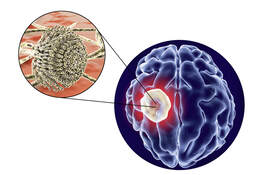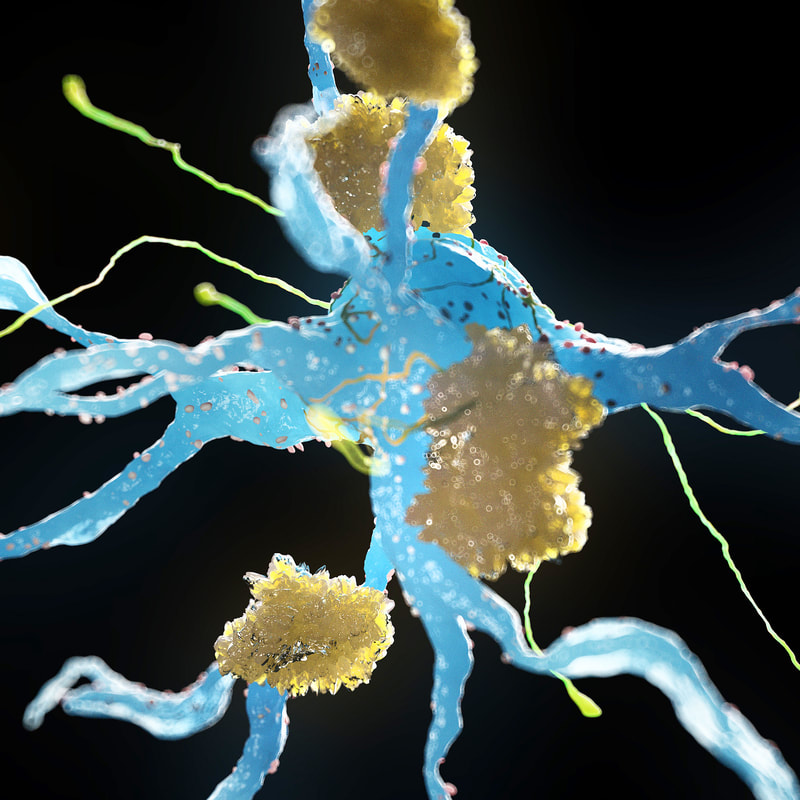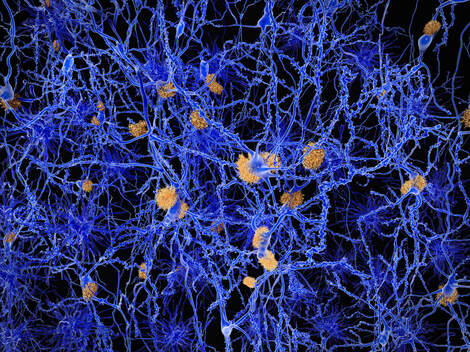|
0 Comments
Research is revealing that a number of pediatric patients with autism reflect low folate in their brains and that this “cerebral folate deficiency (CFD) may be treatable with certain medications, specifically d,l-leucovorin calcium (also known as folinic acid).
Pediatric acute-onset neuropsychiatric syndrome (PANS) is a complex neurological disorder that more scientists are studying in order to learn more about the origins of this illness that along with PANDAS (pediatric autoimmune neuropsychiatric disorders associate with streptococcal infections) is estimated to affect 1 in 200 children.
This medication is also commonly prescribed off label for chronic fatigue, ADHD, mood boosting and cognitive enhancement.
Coronavirus (CoV) is an enveloped virus with a large positive-sense, single-stranded RNA genome belonging to the Coronaviridae family; examples of CoV are SARS, MERS and now COVID-19.
 This recent study showed that patients with multiple sclerosis (MS) have reduced IgG levels, while prior studies also showed a link to other types of autoimmune diseases and similar low IgG levels. We need to ask why this matters and why does this occur? And just as important, what can we do with this new information to positively impact our treatment approaches?  In a recent journal published in Brain, Behavior and Immunity* we can truly see how mold is bad news for the brain. In this study they dripped Stachybotrys fungi into the nose of rats (can’t imagine having this job!) and found within a short period of time hippocampal immune activation, decreased memory and striking anxiety and as well reduced levels of dopamine .
 I recently was asked to consult on a case of a set designer with multiple years on Broadway who developed Multiple System Atrophy (MSA) in his early 50s. Within five years, he was no longer able to live independently. MSA is such a horrid disease. Characterized by younger onset, atypical Polycystic Kidney Disease (PKD), bad gait, ataxia, dysarthria, cerebellar strokes and autonomic failure, the slow and awful progression of MSA - like many others - indicates strong genetic linkage disequilibrium.  In the new study “Multiple Sclerosis: Possibility of a Gut Environment-Induced Disease,” research once again outlines the importance of the status of the gut (microbiome) in health and wellness both for those who want to take a preventative approach, and also for those who are already on the road to disease. The study focused on several key findings: |
Authorby Suzanne Gazda M.D. Archives
August 2021
Categories |











 RSS Feed
RSS Feed